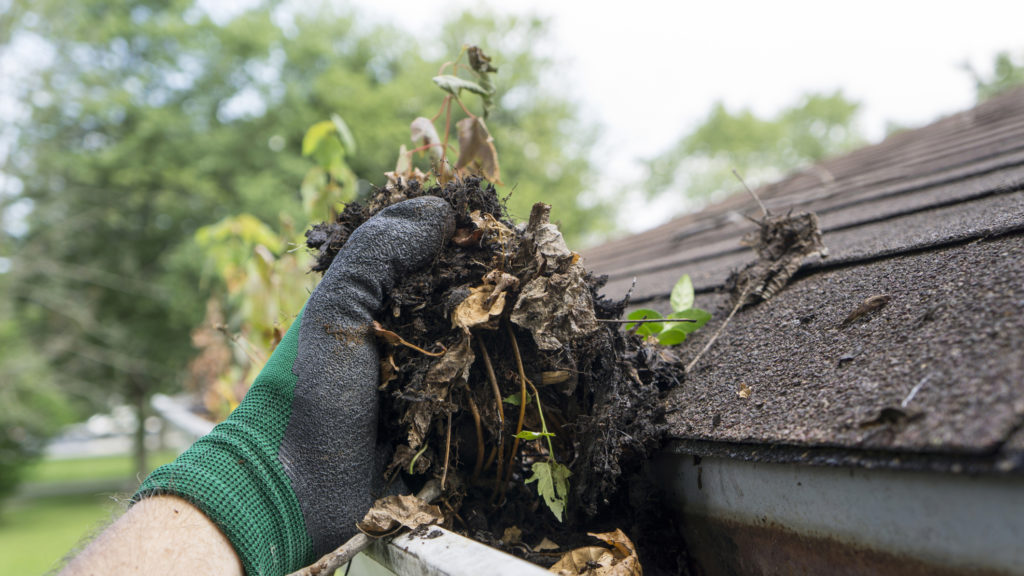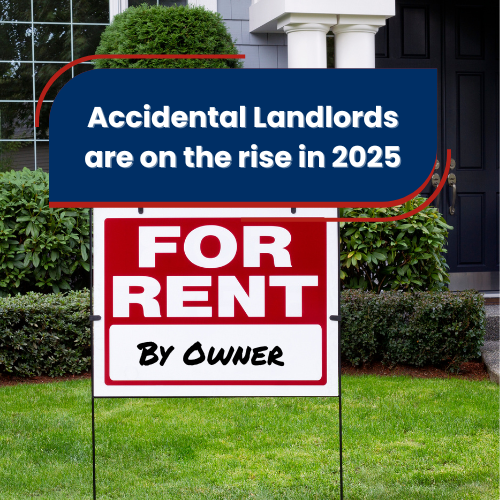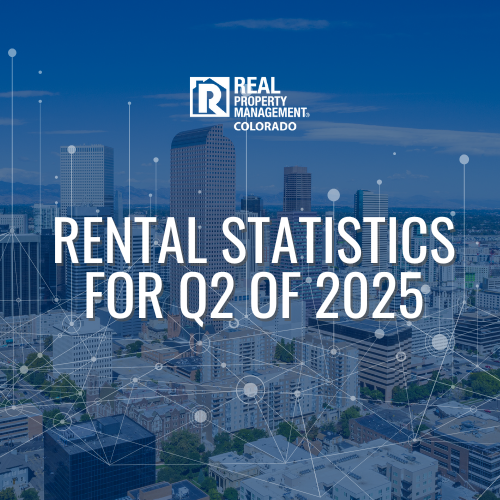How often have we all looked at someone completing a job and thought, “I could do that easily enough.” And with the plethora of resources and “How To” videos and articles online, DIY home repairs have become an extremely popular option for those looking to save money, gain knowledge, and garner a greater understanding of what it means to own a home. But when it comes to DIY rental property maintenance, some things are better left to the professionals. After all, many repair jobs require a licensed professional to complete. Some DIY repairs can even cost you more in the long run than had you hired someone to complete the original work.
We understand the appeal of DIY property maintenance as much as we understand the risks that come with it. So to help you assess what works best for you, here are a few pros and cons of DIY rental property maintenance to consider for your investment. And if you decide that DIY maintenance and DIY property management aren’t in your wheelhouse, the team at Real Property Management Colorado has your back! Contact us today about our property management services to learn how we can take the stress out of repairs and more!
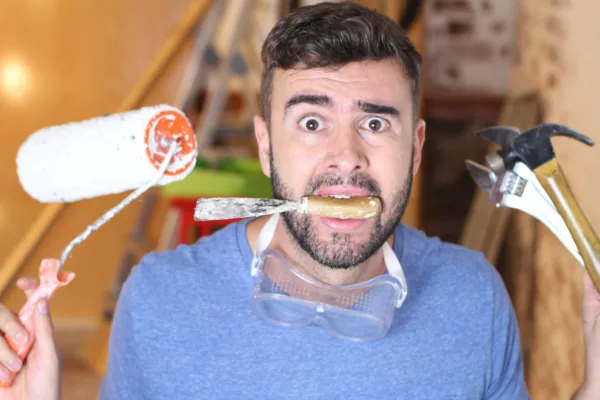
DIY Rental Property Maintenance
Pros:
Saves You Money (Sometimes)
One of the biggest challenges of hiring a professional to complete a job is the cost. Not only are you paying for the repair itself, but you’re paying for the technician’s time. After all, they have to make a living, right? This is where DIY rental property maintenance gains its biggest appeal. Cutting out the middleman saves on labor and markups and allows you to shop around for deals. But the drawback is that it can also cost you more if things go wrong. Make sure you’re comfortable with the work you plan to do on your own. If you don’t know enough about it or you’re not confident you can do it properly, budget for the professionals to handle the repair.
Easier to Schedule and Control
When considering DIY repairs, another pro revolves around scheduling. When you’re the one completing the repair, the only schedule you have to worry about is your own (and your tenants, of course). There’s no worry about having to compete for time as the only client involved is yourself. You also have greater control over the material, as you’re the one choosing. Just make sure not to fall into procrastination habits and research the job you’re planning to handle solo, the best materials, and the best way to handle the problem. You’re the one responsible for completing it and doing it right, after all.
Helps You Learn
Give a man a fish, teach a man to fish; we’ve all heard the saying before. Another appeal of DIY rental property maintenance is the experience you gain. There’s a certain sense of pride that comes from learning how to complete something yourself. Plus it gives you skills that can be applied in other areas of life as well. Who doesn’t like to learn something new and useful?

Cons:
Mistakes & Lack of Expertise
If things can go wrong, they will go wrong. DIY mistakes can often cost a significant amount of money and time to fix. And when you lack the knowledge of the job in the first place, you’re spending your sanity as much as your dollars. How many times do you want to go back to the hardware store to fix one sprinkler head? How much of your frustration do you want to expend in addition to stretching your wallet? Mistakes are frustrating as well as costly, and when it comes to rental repairs, you can’t just leave the job unfinished. If you do go the route of DIY rental property maintenance, make sure to thoroughly understand what you’re getting yourself into. Assess whether the money you might save is worth your time and the potential for fixing and paying for mistakes.
Time-consuming
Time is money. When considering DIY maintenance, you have to ask the question of whether or not you have the time to spend on completing the repairs. Are you prepared to spend hours trying to fix something correctly? What about the time it takes to research and learn how to complete the repair? The time to drive (perhaps multiple times) to the store for the right material and tools? When all is said and done, you could have spent the entire day working at your rental. Is that how you want to spend your time?
Liability and Licenses
Many trades and repair types require a license and proper insurance for a reason, especially when dealing with a repair that has the potential to cause a lot of damage or even harm or kill someone. When you complete repairs on your own, the liability for the job goes directly back to you. If something goes wrong, you’re responsible for any accidents or injuries that occur as a result. And when you forgo hiring experts, you get what you pay for. Professionals in any given field, such as HVAC, electrical, plumbing, etc., have the necessary licenses and insurance as well as the expertise to cover the work they do. Oftentimes, paying for the peace of mind is better than worrying about whether or not you did it right, or for the damages should things go wrong.
Insurance Issues
Another consideration is whether or not insurance will cover damages that result from DIY mistakes. For example, your homeowner’s insurance may not cover the resulting water damage from the toilet you improperly installed yourself. Or if you damage something in the process of completing a repair, odds are you’re the one footing the bill to fix what you broke. Professionals already carry insurance for their work. If something goes wrong or gets damaged during or as a result of the repair, the technician can go back to their insurance to cover the costs rather than bill you for it. People make mistakes. Wouldn’t you rather not be the one responsible for fixing them?
Things You Should Always Leave to the Pros
We won’t knock the benefits of DIY maintenance. Some repairs really are easy enough to complete on your own if you have the knowledge, resources, and tools available to do them. However, certain things really should be left to the pros. HVAC repairs, electrical and plumbing work, pest control, and repairs that involve mitigation for hazardous material (mold, asbestos, etc) require a greater level of expertise than DIY provides. Leave these to the professionals. They’re worth the cost you pay for saving your own time and the potential for mistakes that can wreak greater havoc for both you and your tenants.
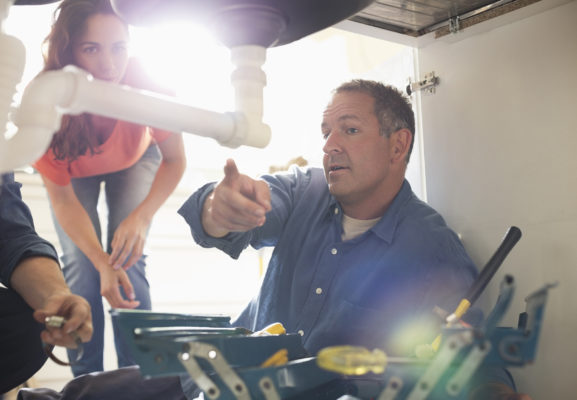
In our experience, DIY isn’t always the right path, but we understand the appeal. If you ever have any questions about repairs at your rental property, we’re happy to help you answer them.
Don’t Want to Handle Maintenance On Your Own?
Contact Us Today About Our Property Management Services!


